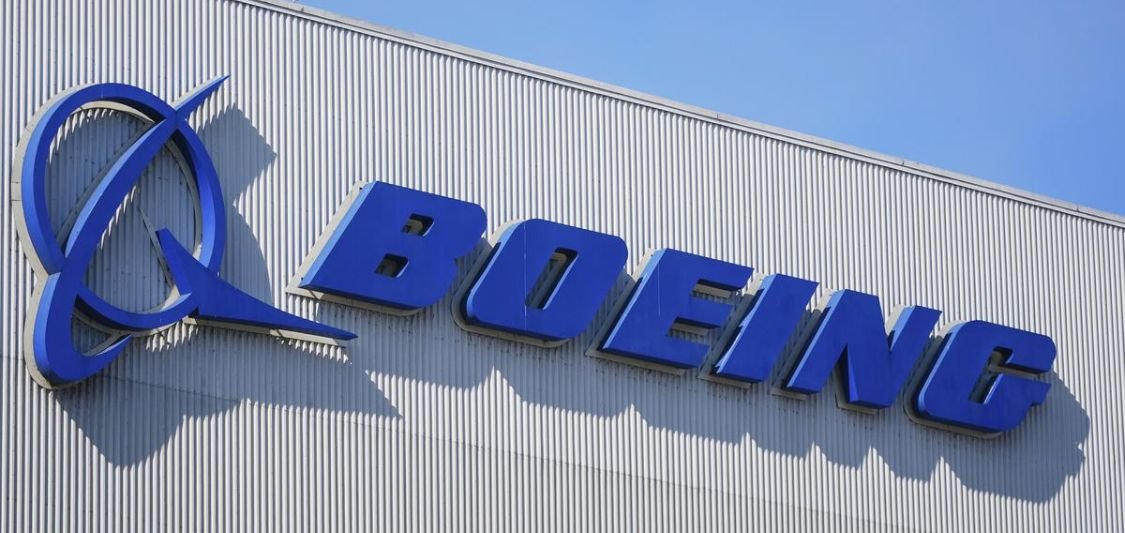Prime Highlights:
- Internal Meta emails reveal CEO Mark Zuckerberg’s worry that Facebook was losing cultural salience despite consistent user interest.
- Meta pursued drastic changes such as redesigning the friending process and adding features to enriching close friendships.
Key Facts:
- 2022 emails reveal Meta leadership struggling with Facebook’s waning influence in pop culture.
- User interest was consistent but leadership feared that this was hiding underlying relevance problems.
Key Background:
In the latest turn of the Federal Trade Commission’s antitrust case against Meta, 2022 internal emails have surfaced that disclose underlying fear within the company of Facebook’s decline in cultural relevance. Even while Facebook has had healthy engagement figures, CEO Mark Zuckerberg was concerned that the platform was not perceived as being culturally relevant—particularly compared to platforms like Instagram, TikTok, or Snapchat.
Zuckerberg’s correspondence to Tom Alison, Facebook Head, indicated increasing concern that user behavior—while statistically significant—was changing in type and not just in degree. He said that users were on Facebook, but not in the manner or to the degree related to cultural movements or young adult participation. The attitude was raised in the context of whether Facebook required a more delineated, new vision to be competitive and relevant in an ever-changing digital universe.
Among the radical ideas being proposed was totally revising Facebook’s friending system. Zuckerberg proposed rewriting users’ friend lists periodically so that social networks would be more spontaneous and up-to-date. The strategy was not put in place, but it indicated an receptiveness to testing disruptive changes. He also complained about the stiffness of existing friend networks and highlighted the tension involved in getting new friends on the site—as against the more fluid follow-based processes on websites like Instagram and Twitter.
Responding to these complaints, Facebook has announced product changes like introducing a standalone “Friends” tab and more emphasis on Reels, Meta’s answer to short TikTok-like videos. By doing so, it attempted to revive people-based sharing and link human beings to restore the original social intent to the platform.
Finally, all these results give us a glimpse of the company’s internal struggle to rebrand Facebook’s identity in the visually-first, culturally agile age that is ruled by competition. The company’s leadership is clearly attuned to the changing winds and the imperative to reform before cultural obsolescence catches up.









